5 Wacky and Wild Pest Facts
5 Wacky and Wild Pest Facts
1. Mosquitos Urinate on You While Drinking Your Blood
Like adding insult to injury, mosquitos will actually urinate on their victims as they suck their blood. This disgusting practice is actually a biological necessity for mosquitos. As they feast on their sanguine meals, their abdomens will begin to swell and bloat with the intake of the liquid. As this occurs, the mosquitos have to expel excess fluids in order to make room for their meal and, due to the content of salt in human blood, they need to similarly expel the surplus of salt they obtain. Urination provides relief for both of these problems, helping the mosquitos to maintain a balance of salts and fluids within their bodies.
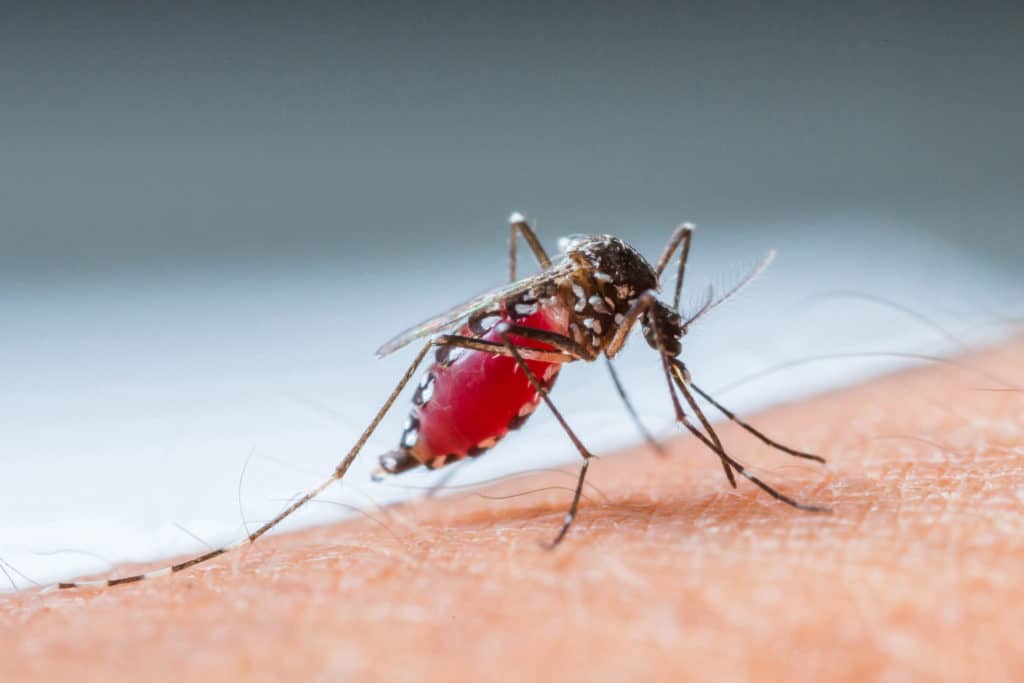
2. Ants Socially Distance
While it may not seem so at a first glance, a major part of ant culture focuses on cleanliness. Whether it’s a conscious consideration of cause and effect or, the more likely, simple instinct fueled actions, these practices greatly reduce the risk of contracting and spreading contagions throughout ant colonies. In a study conducted by the University of Lausanne in Switzerland, it was discovered that, similar to humans, sick ants will stay away from their fellow colony-members and heal before returning to work. After introducing infected foraging ants to their colony, the ants each made an active effort to distance themselves from the rest of the population. Simultaneously, the researchers observed that the healthy forager ants who had not been exposed to the fungi increased their time spent in solitude away from the colony, and the nurse ants, who take care of the young in a colony, moved the eggs and babies further into the depths of the colony’s maze – isolating themselves from exposure to any of the roaming forager ants.
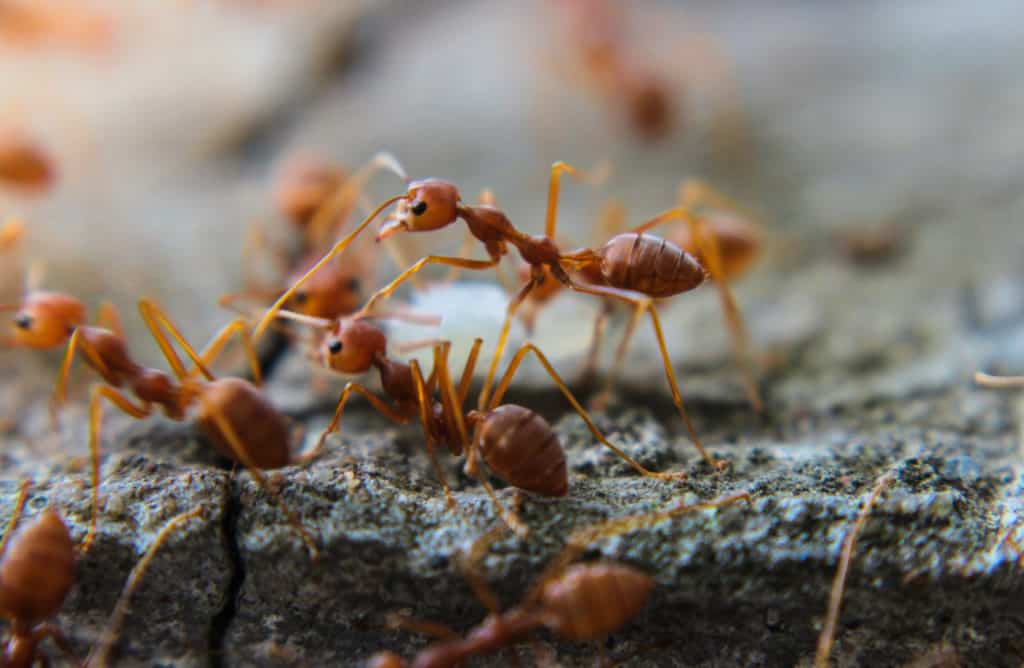
3. Rats Can Swim Up Your Toilet
Rats are naturally little acrobats. Their acrobatic abilities shockingly can meld with their swimming abilities to allow them to swim up through pipes in order to enter homes via toilets. Rats can tread water for hours straight and hold their breaths for roughly 3 minutes, making the pipes leading down to sewage systems are relatively easy for a rat to navigate. Once it reaches a toilet, the rat squeezes through the attached drainpipe before reaching a small air pocket in which it can take a breath and begin to work its body to maneuver up and down the sharply turning pipe before entering the bottom of the toilet bowl and swimming to the surface. From there, a rat can leap from the bowl and out of an open toilet into your home. It may sound far-fetched, but many pest control companies have received panicked calls about this very phenomenon.
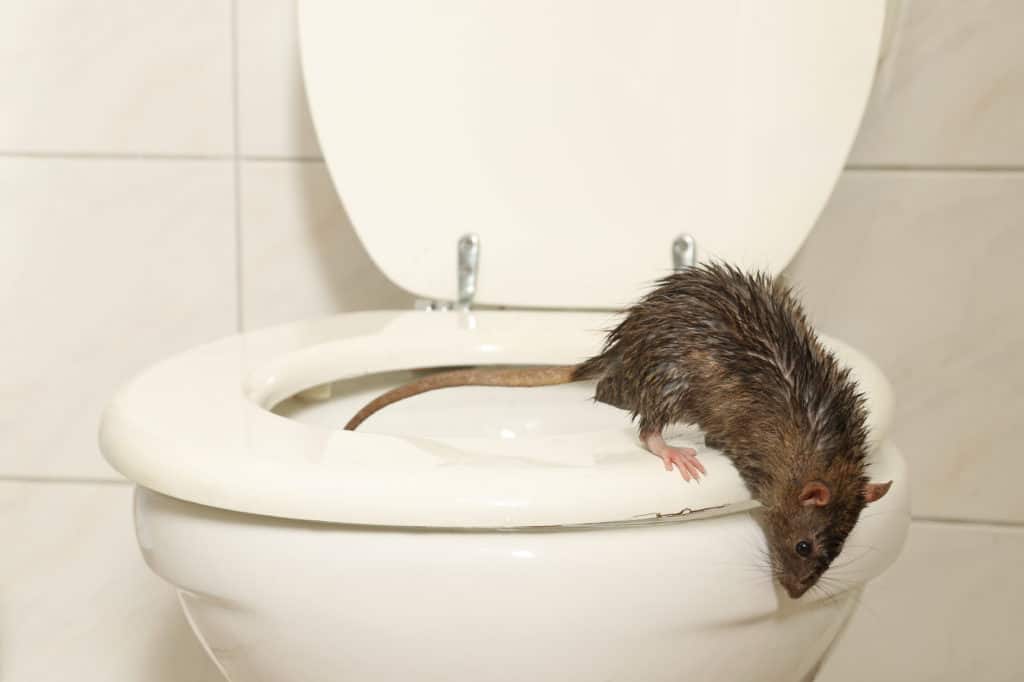
4. Cockroaches Have Surprisingly Strong Jaws
Roaches are notorious for eating practically anything they can bite into, which is one of the reasons why the strength of their jaws have garnered interest amongst entomologists. In a series of experiments conducted by scientists from both the UK and Germany, a sensor device was used to measure the strength of bite power in American Roaches. The researchers were shocked to find that not only were the roaches not hesitant to bite down on the sensor device, but two roaches clamped down so hard, that they managed to chip their distal teeth. In total, data from 300 different bites were collected, leading to the discovery that the bite of the American Roach with proportion to their bodies, are five times more powerful than that of the average human.
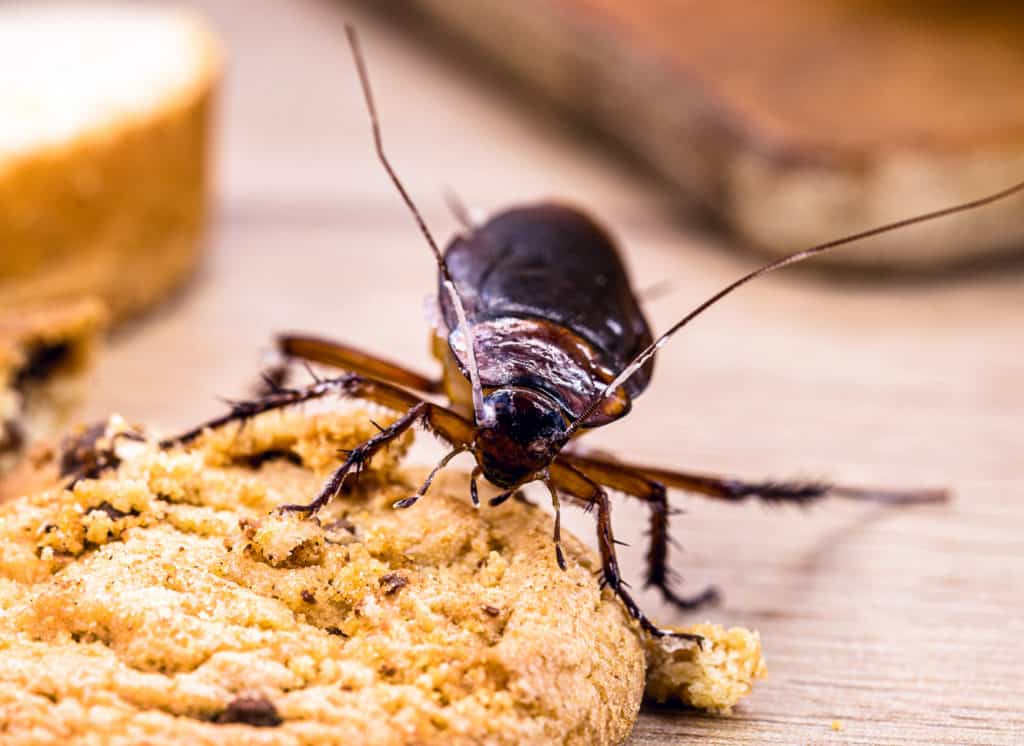
5. Wasps Can Identify Explosives
Wasps possess the impressive ability to recognize and differentiate a vast number of scents. Their olfactory senses are particularly keen, and van even detect very faint or faded smells. During scientific studies exploring this phenomenon, researchers found that wasps can be taught to identify new scents at a surprisingly fast rate. Due to this, wasps have become a source of great interest for scientists for how they can be used to help mankind. In recent tests, scientists have begun successfully training groups of wasps to identify and respond to the scents of explosives and drugs. If these trials become operational, wasps could potentially be used in a variety of circumstances such as the TSA to alert us to danger.
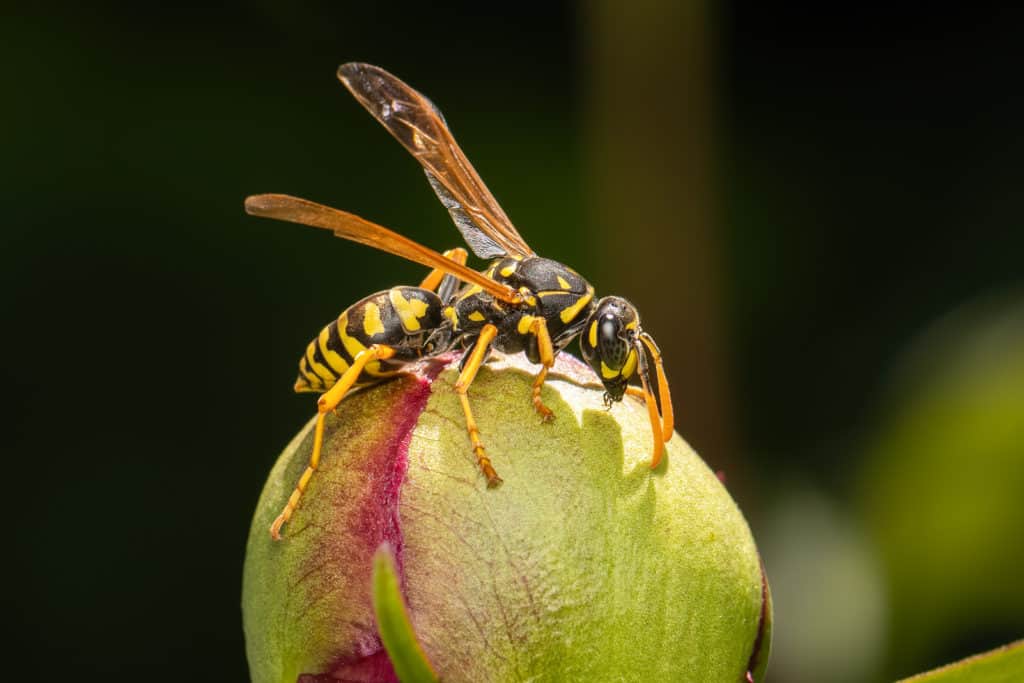
Citations
Engelhaupt, E. (2018) Yes, Rats Can Swim Up Your Toilet. And It Gets Worse Than That, National Geographic. Available at: https://www.nationalgeographic.com/science/phenomena/2015/08/14/yes-rats-can-swim-up-your-toilet-and-it-gets-worse-than-that/ (Accessed: December 10, 2020).
Katz, B. (2018) Ants Take Sick Days Too, Smithsonian Magazine. SmartNews. Available at:
https://www.smithsonianmag.com/smart-news/ants-take-sick-days-too-180970881/ (Accessed: April 2020).
Kimlicka, L. (2016) Mosquito Pee and Disease Prevention, Something About Science. Available at: https://www.somethingaboutscience.com/?p=1664 (Accessed: March 16, 2021).
Nuwer, R. (2015) A Cockroach Can Bite With a Force 50 Times Its Body Weight, Smithsonian Magazine. The Smithsonian Institute. Available at: https://www.smithsonianmag.com/science-nature/cockroach-can-bite-force-50-times-its-body-weight-180957246/ (Accessed: February 10, 2021).
Torgan, C. Ph.D. (2016) Novel Insecticide Blocks Mosquitoes’ Ability to Urinate, National Institutes of Health. U.S. Department of Health and Human Services. Available at: https://www.nih.gov/news-events/nih-research-matters/novel-insecticide-blocks-mosquitoes-ability-urinate (Accessed: March 16, 2021).
Winer, J. (2015) See How Easily a Rat Can Wriggle Up Your Toilet, YouTube. National Geographic. Available at: https://www.youtube.com/watch?v=0t2VPBF6Kp4 (Accessed: December 2020).
Wu, K. (2018) Five Real Life Wasp Superpowers Not in Ant-Man and the Wasp, Smithsonian Magazine. The Smithsonian Institution. Available at: https://www.smithsonianmag.com/science-nature/why-you-should-let-wasp-be-your-hero-today-180969521/ (Accessed: July 2020).

